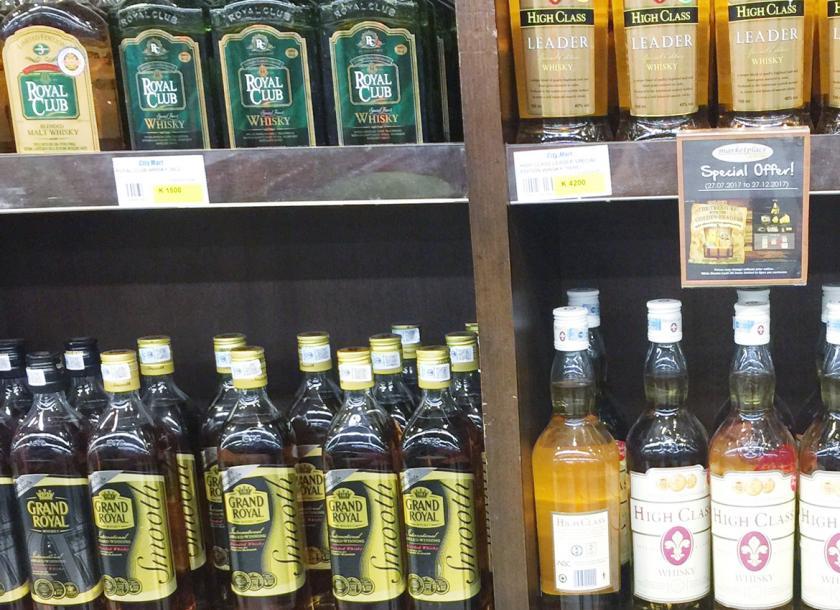Asian FDI into Myanmar continues despite Rakhine crisis
Asian businesses have continued to invest in Myanmar despite the unfolding humanitarian crisis in northern Rakhine.
Bangkok-based construction company TTCL Pcl is one of the latest examples, targeting the first half of next year to complete a funding plan and shareholder structure for a planned $3 billion coal-fired power plant in Kayin state bordering Thailand.
“We’re aware of the internal problems in Myanmar,” TTCL Chief Financial Officer Gobchai Tanasugarn said in an interview in Bangkok on Nov 21. “Still, some institutions from Thailand and export credit agencies are keen to give financial support.”
In contrast, the US and the United Nations have described Myanmar’s treatment of Rohingya Muslims as “ethnic cleansing,” highlighting the enduring schism between how Asia and the West perceive Myanmar.
While more US and European companies have sought to establish a presence since the generals released Daw Aung San Suu Kyi from house arrest in 2010, Asian businesses still dominate.
China in particular has led the way, investing $18.1 billion in Myanmar since 2010. That compares with $3.9 billion for the European Union – 63 percent of which came from the UK — and $133 million for the US, almost all of which has come this year after sanctions were fully lifted. China invested $841.5 million just from April to October, according to government statistics.
China has also been more proactive than the US or Europe in seeking a resolution to the refugee crisis, with Foreign Minister Wang Yi shuttling between Myanmar and Bangladesh this month to help find a solution. The two sides agreed last week to start repatriation of refugees within two months.
State Counselor Daw Aung San Suu Kyi is also scheduled to visit Beijing for a meeting of political leaders planned for Nov 30 to Dec 3 by the Communist Party of China.
“The West doesn’t understand how to engage in this part of the world. It’s not helpful to just go in and start scolding, particularly in Myanmar, which has been used to hearing this for decades,” said Francesco Mancini, visiting associate professor at the National University of Singapore’s Lee Kuan Yew School of Public Policy.
Whiskey, solar power
While the Rohingya crisis could affect development finance and investor sentiment, so far the direct economic impact seems largely localised, the International Monetary Fund said November 17. It predicted a rebound in economic growth to 6.7pc in 2017-2018.
Myanmar’s growth opportunities continue to lure investors from the region. Since the crisis broke out, Thai Beverage Pcl has acquired a 75pc stake in the makers of Grand Royal, Myanmar’s leading whiskey brand, for $742 million. Meanwhile, Basic Energy Corp of The Philippines has plans to use internal cash for a possible solar power venture in Myanmar. Foreign direct investments from Japan, China and Singapore have also continued to flow into the country.
Myanmar’s top nine trading partners last year were all from Asia, with the US coming in 10th behind Vietnam. Thailand is the country’s second-largest trading partner, a large chunk of which comes from natural gas imports from Myanmar. Shares in Thailand’s TTCL jumped almost 26pc on Oct 27, the day it announced a joint venture for the 1,280 megawatt coal plant with the Kayin state government.
For any company trying to crack a frontier market, the key is always commitment, said Enrico Cesenni, chief executive officer of Myanmar Strategic Holdings Ltd, a foreign-owned operator and investor in Myanmar with offices in Yangon and Singapore.
“Like any emerging economy, Myanmar is going to experience shocks and investors need to take a long-term view in order to unlock value,” Cesenni said in an email.
Source: https://www.mmtimes.com/news/asian-fdi-myanmar-continues-despite-rakhine-crisis.html


 English
English




